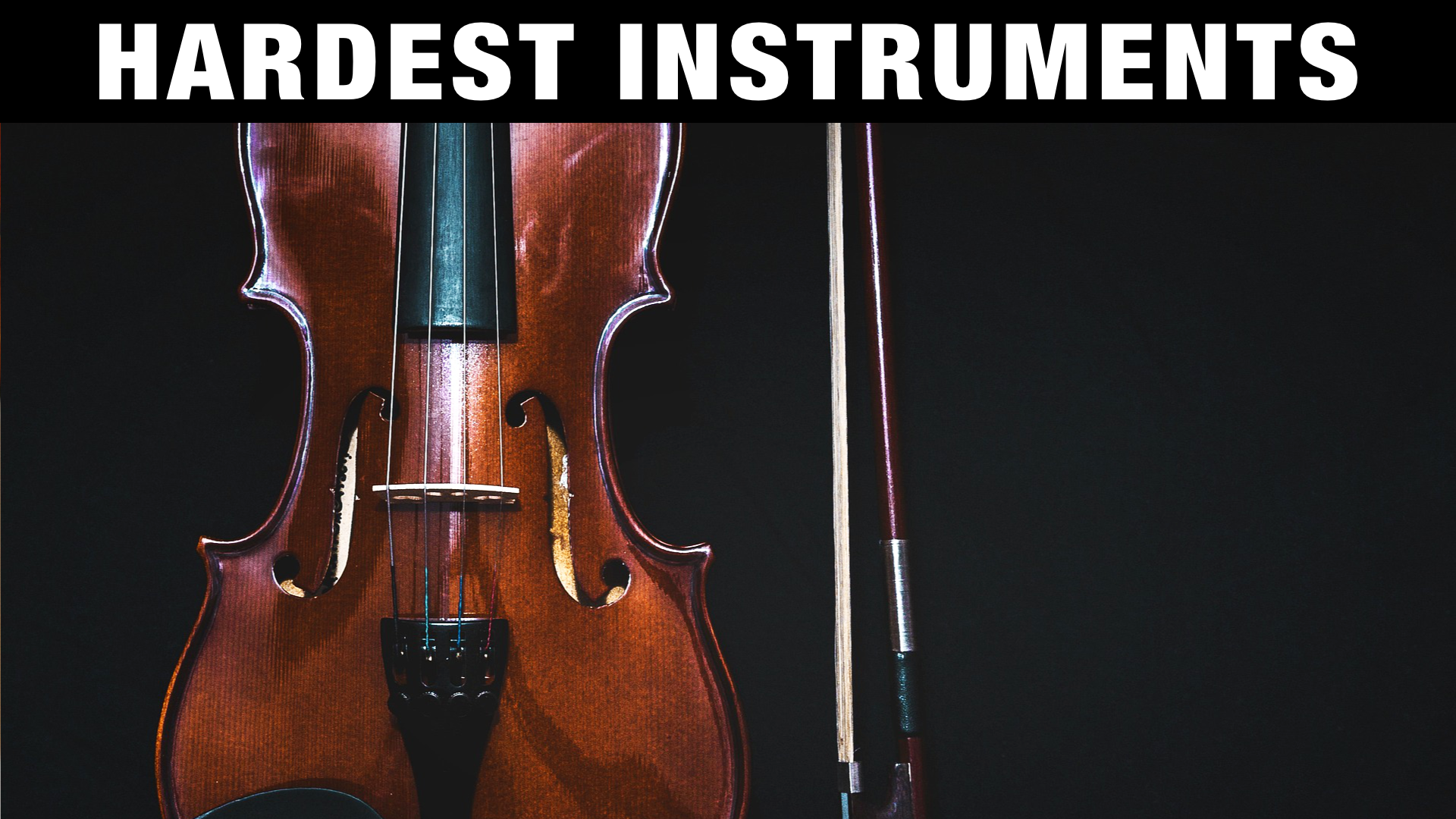 There are some music instruments that are notoriously difficult to learn how to play well.
There are some music instruments that are notoriously difficult to learn how to play well.
These are instruments that are tricky to even get a good sounding note out of, and even more hard to control the pitch, dynamics and note transitions on.
5 Most Difficult Music Instruments in the World
- Violin
- Oboe
- Accordion
- Harp
- Oud
Why are these particular instruments (and their relatives) so incredibly difficult?
Violin
Violins, and all other bowed string instruments (cello, viola, erhu etc) are very difficult to learn because they don’t have frets to guide you, and because good bowing technique is very important to get a nice sound. We all know how dreadful bad bowing on a violin can sound!
Oboe
The oboe, and other double reed instruments (bassoon, duduk etc) requires extreme embouchure control and air support even to get a sound out of them. Pitch and tuning is also very hard to maintain.
Accordion
What makes accordion so tricky is first that you don’t see what you play, for example compared to a piano or normal keyboard instrument. But also, because the button layout is completely different compared to the chromatic layout of a standard keyboard. And of course, you need to provide the air to “pump” the notes in a good way to control dynamics and expression.
Harp
Small diatonic lyre harps are one of the more simple instruments to learn. So what makes “real” harps so incredible difficult? First, it is a massive instrument with lots of strings and physical range from the lowest to the highest note. But the trickiest part is that you need to use pedals to switch the tuning of the strings in order to play accidentals, modulate to another key etc.
Oud
The oud may look like a guitar, and you even play it with a kind of “pick”, but it is so much more difficult. The reason is that there are no frets, and generally you even play micro tones in traditional oud music. It also have pairing of strings, usually 11 strings in total, which makes it even harder.

